Some people wear their heart on their sleeve. Us golfers tend to tuck it under a moisture-wicking quarter-zip and pretend everything's fine.
Mental health rarely kicks the door in. It sneaks in quietly through missed messages, odd jokes, cancelled plans. The kind of stuff we brush off until it adds up.
When those small changes stack up, a friend can drift from "same old" to "something's off" before anyone notices.
This guide will help you spot the subtle signs, find the first words to say, and know what steps actually help. So no one slips through the cracks.
Quick takeaways
- Look for patterns, not moments. One bad day is normal. Two weeks of changes isn't.
- Trust your gut. If something feels off about a mate, it probably is.
- Watch for pulling away. Cancelled plans, quiet behaviour, or going missing from group chats.
- Notice energy shifts. More irritable, flat, or anxious than usual.
- Pay attention to self-talk. Jokes that sound darker or more defeated than normal.
- Say something simple. "You've seemed a bit off, everything alright?" is enough.
- Take crisis talk seriously. If they mention wanting to disappear or hurt themselves, get help immediately.
- Check yourself too. Looking out for others might remind you to look out for yourself.
What to Look Out For
It isn't one bad moment. It's a pattern. Not flaws. Just changes. And whether those changes stick around.
In General Life
This is the everyday stuff. The kind you notice at the pub, in the WhatsApp group, or just hanging out.
On the Course
Some golfers have always been intense. Or quiet. Or the first to moan about a bad shot. That’s not the issue. What matters is the shift. You’re looking for changes in how they normally are.
The Two-Week Rule
If someone's been acting differently for a couple of weeks or more, pay attention. That's when "off day" becomes "something's going on."
{{divider-main="/content-templates"}}
Why We Miss It (And Why That’s Normal)
Most of us aren't sure what mental health issues actually look like. We picture dramatic breakdowns, not the mate who still shows up, still cracks a joke, but has quietly gone missing behind the eyes.
Now throw golf into the mix. A sport practically built for bottling things up. Long silences. Polite deflections. Plenty of room to disappear in plain sight.
People get good at hiding it. And we get good at not asking because we don't want to "make it weird."
For a lot of men, it's even more baked in. Many grow up being told to keep things to themselves, crack a joke, and just get on with it.
So they mask it. They deflect. They say "all good" and change the subject, even when it's not.
But if you're paying attention, the cracks can sometimes show.
{{divider-main="/content-templates"}}
If You Notice It, Say Something
You don't need a perfect opening line or a psychology degree. Just say something simple:
- "You've seemed a bit off. Everything alright?"
- “You’ve gone a bit quiet lately. No pressure, just checking in.”
- “If there’s stuff on your mind, I’m around. No need to be alone with it.”
Just being there makes more of a difference than you think.
Need help knowing what to say next?
Check out our guide on [How to Have That Conversation] for the actual words to use and what to do if they open up.
Want to do more?
Take a look at this guide for practical tips on what you can do to support someone that might be struggling.
Saying something beats saying nothing. Every time.
{{divider-main="/content-templates"}}
If You Think Someone Might Be in Crisis
Most signs are subtle. Some aren’t. If someone says something that sounds serious, don’t second-guess it.
If you’re not sure whether it’s serious, assume it matters.
If they talk about feeling hopeless, wanting to disappear, or say anything that suggests they might be at risk of harm—don’t brush it off.
You don’t need to fix it. But you do need to take it seriously.
- Get them professional help
- Don't leave them alone
- Loop in someone they trust
- Stay calm but act quickly
{{crisis-main="/content-templates"}}
Also: Check In With Yourself
Sometimes noticing signs in other people reminds us of stuff we're feeling too. And if that's the case, you're not broken. You're just human.
If reading this made you think "actually, some of this sounds familiar," that's worth paying attention to.
So while you’re here, do yourself a favour and take a detour to Steps to Take When You’re Struggling
{{divider-main="/content-templates"}}
Not sure what to do next? Start here.
If You're thinking about talking to them:
🔗 How to Have a Mental Health Conversation
If you're worried about someone
🔗 How to Recognise and Respond When Someone Is in Crisis
If you're concerned about yourself:
If you have concerns about your mental health or well-being, please speak to a qualified health or mental health professional.
%20(13).avif)
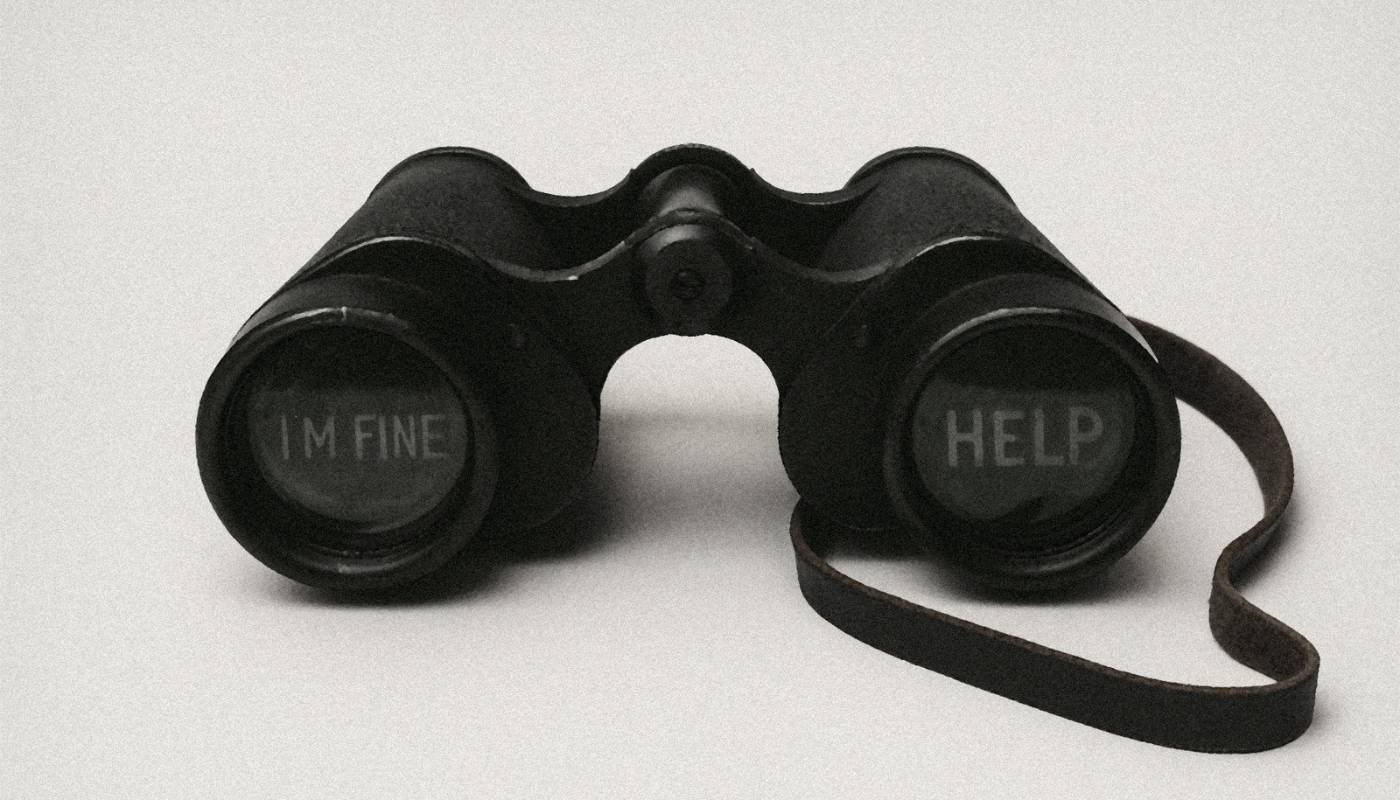

.jpg)


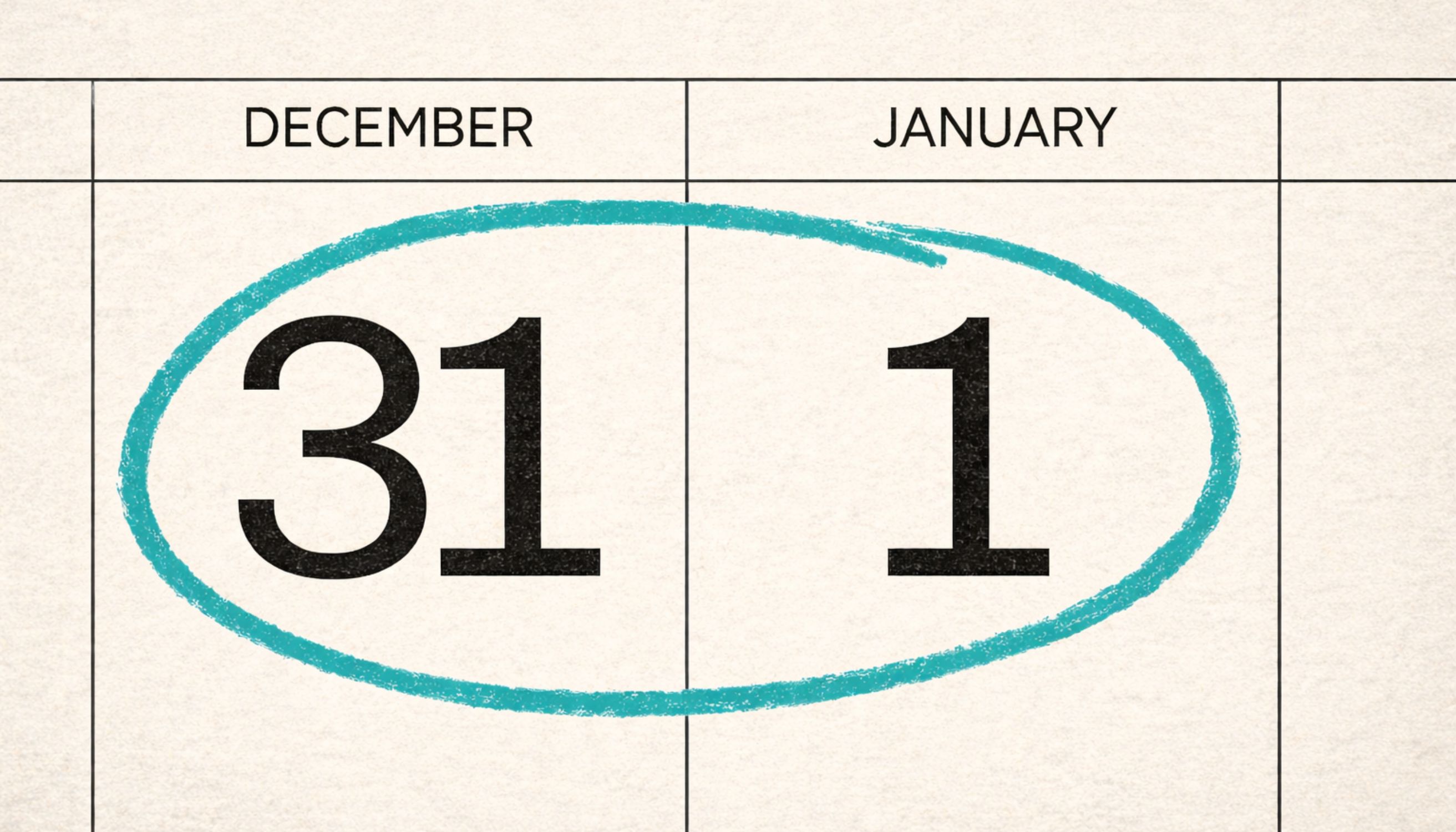
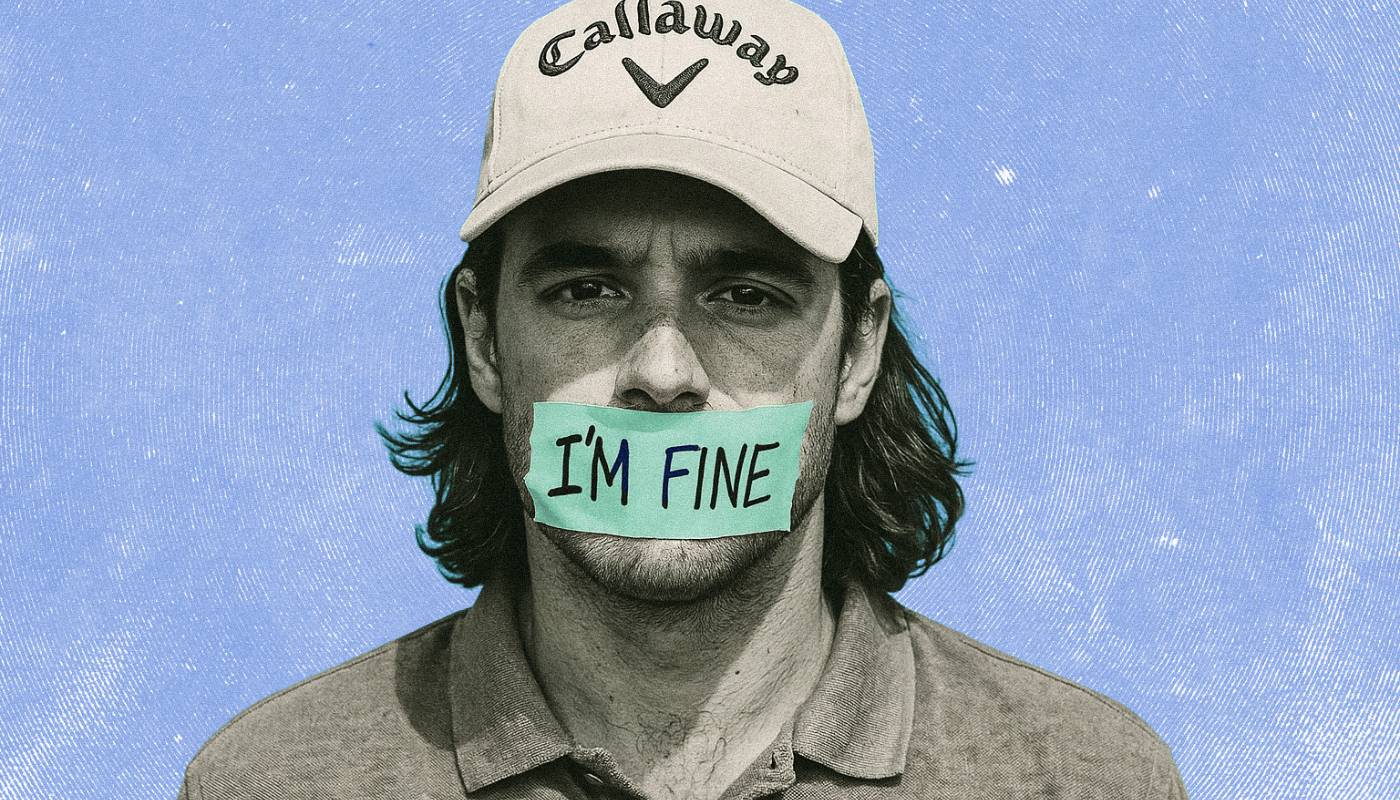

.jpg)

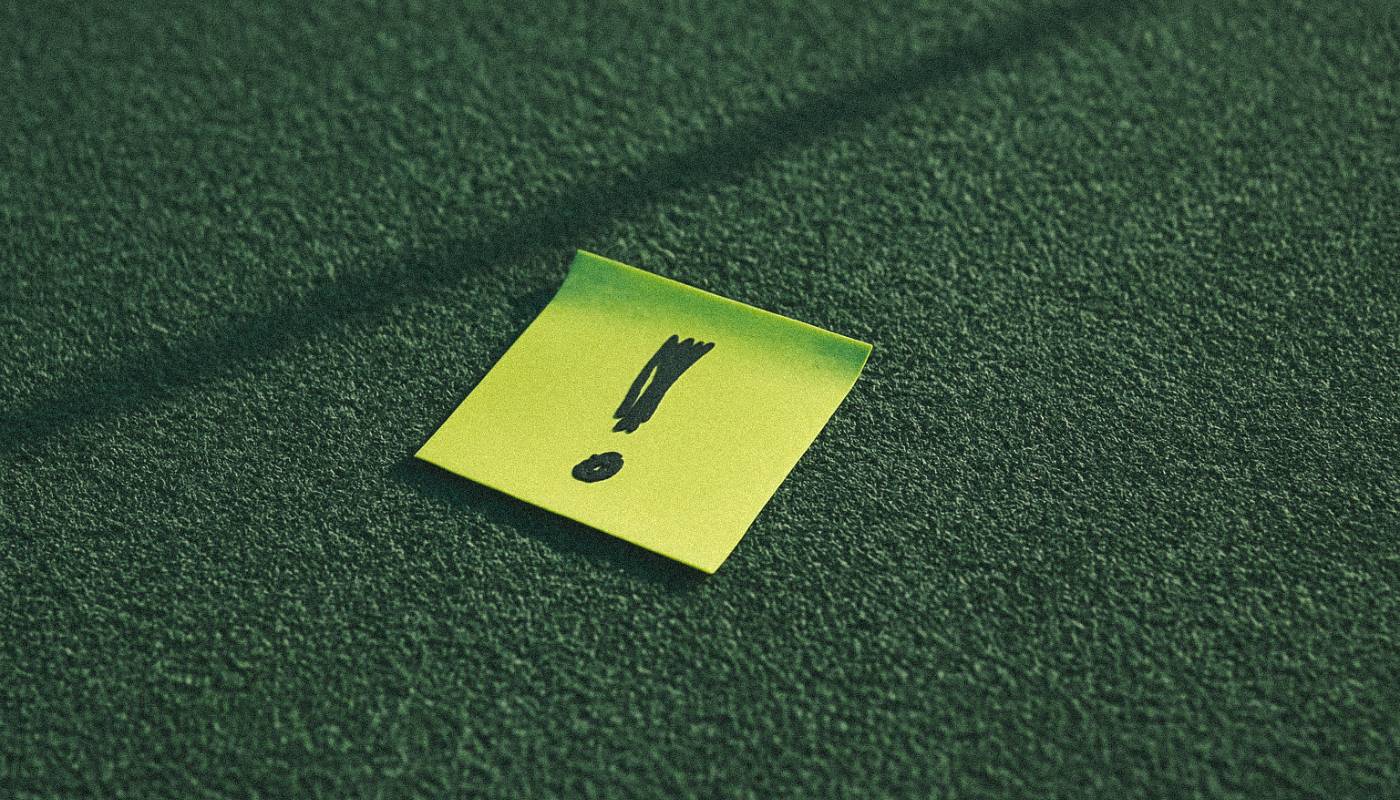



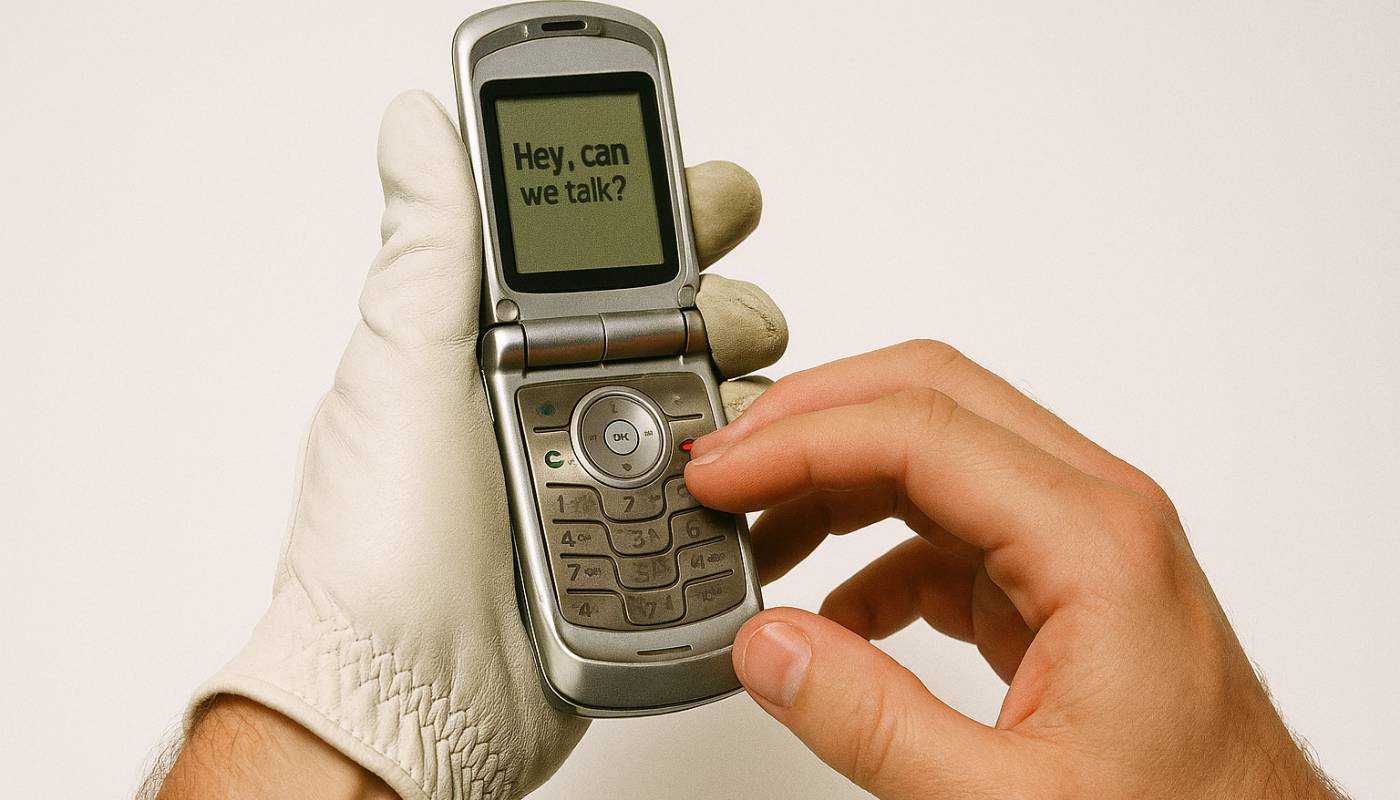

.avif)